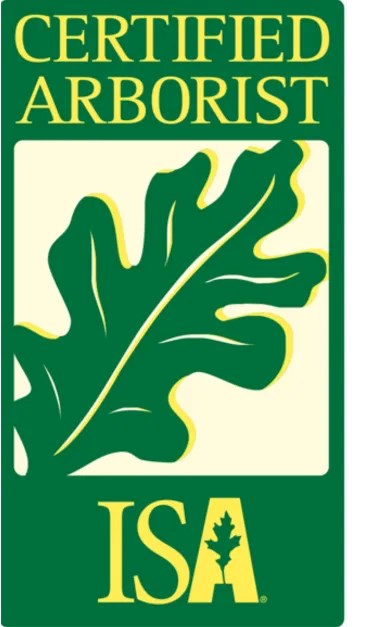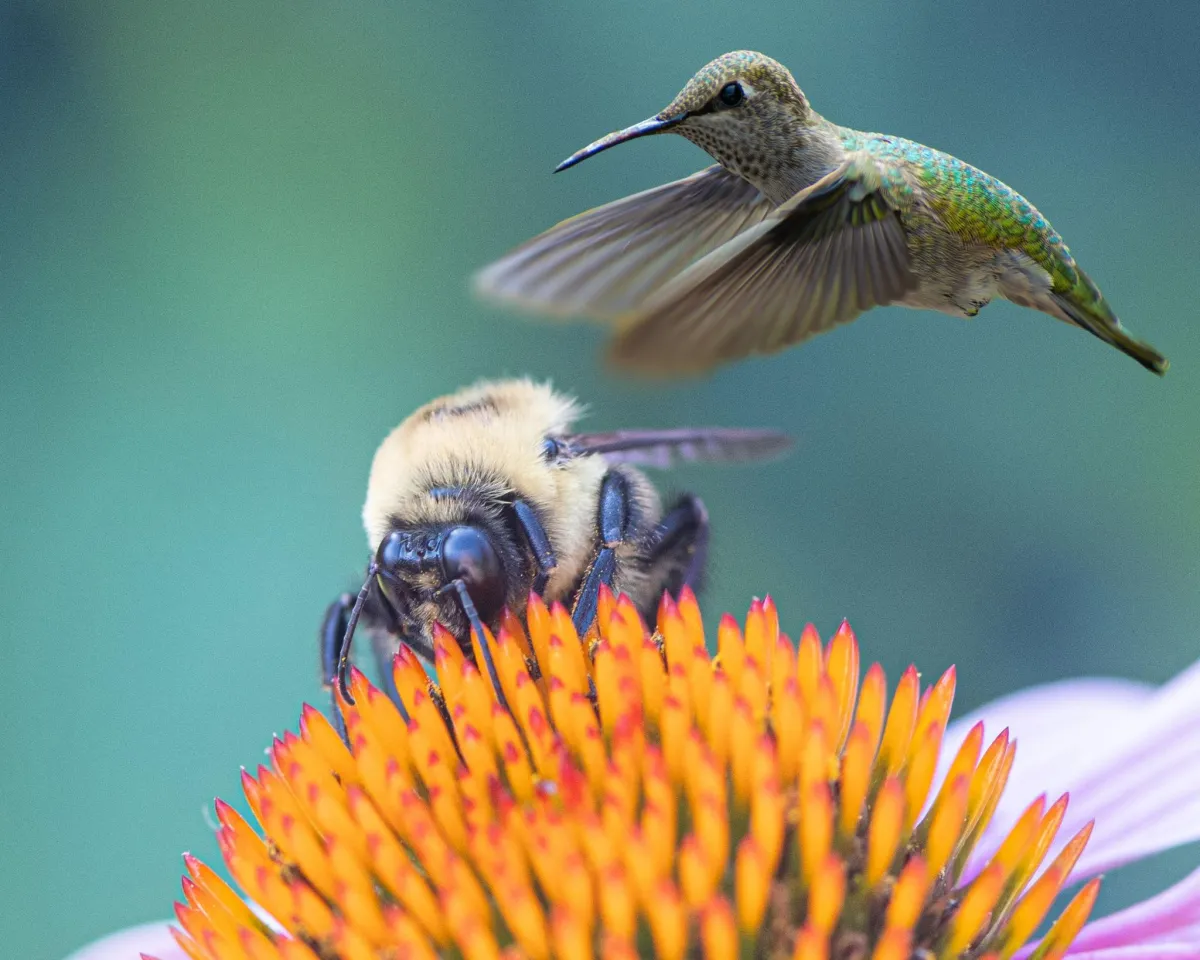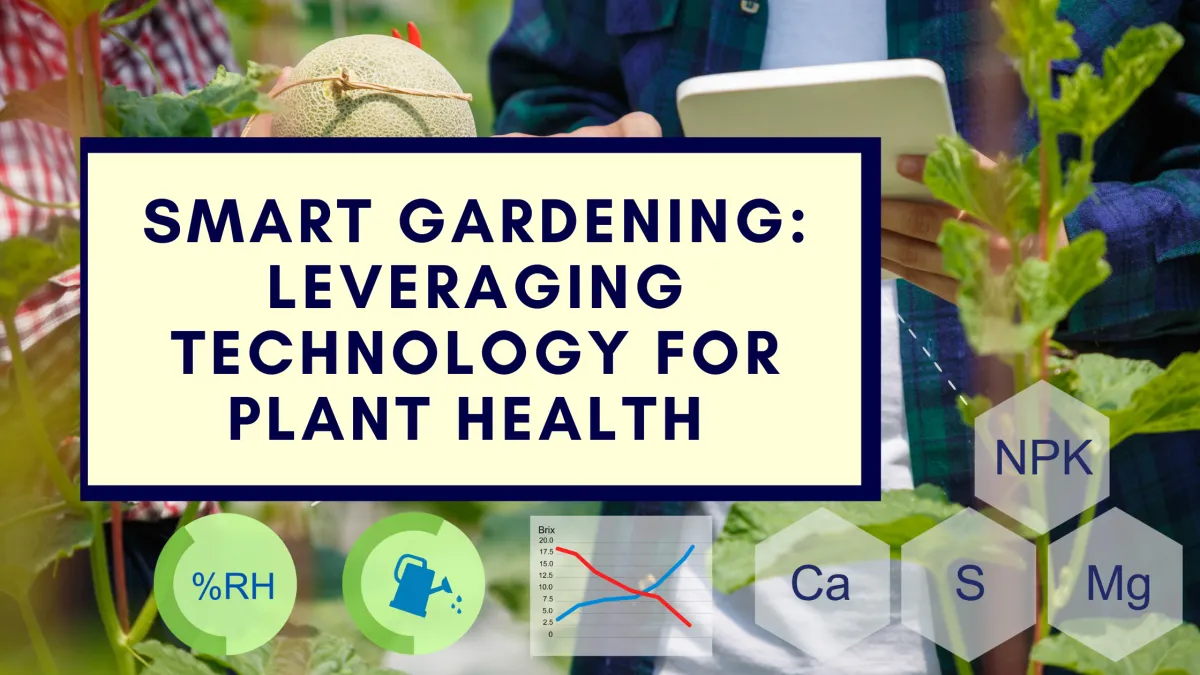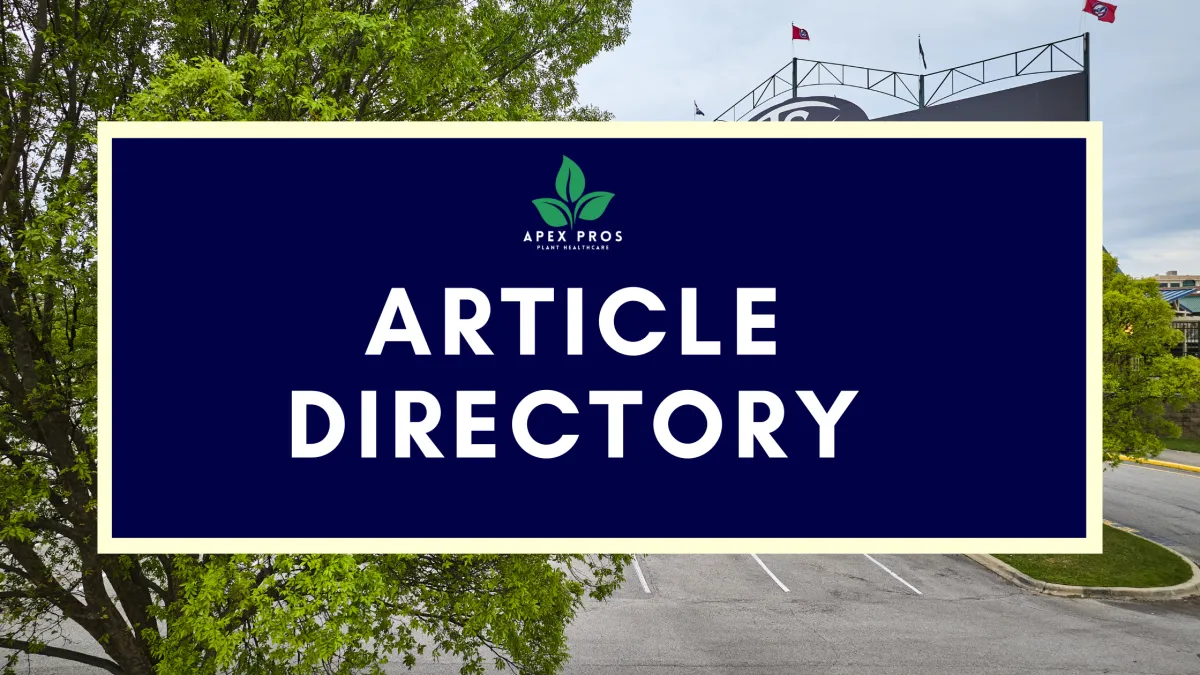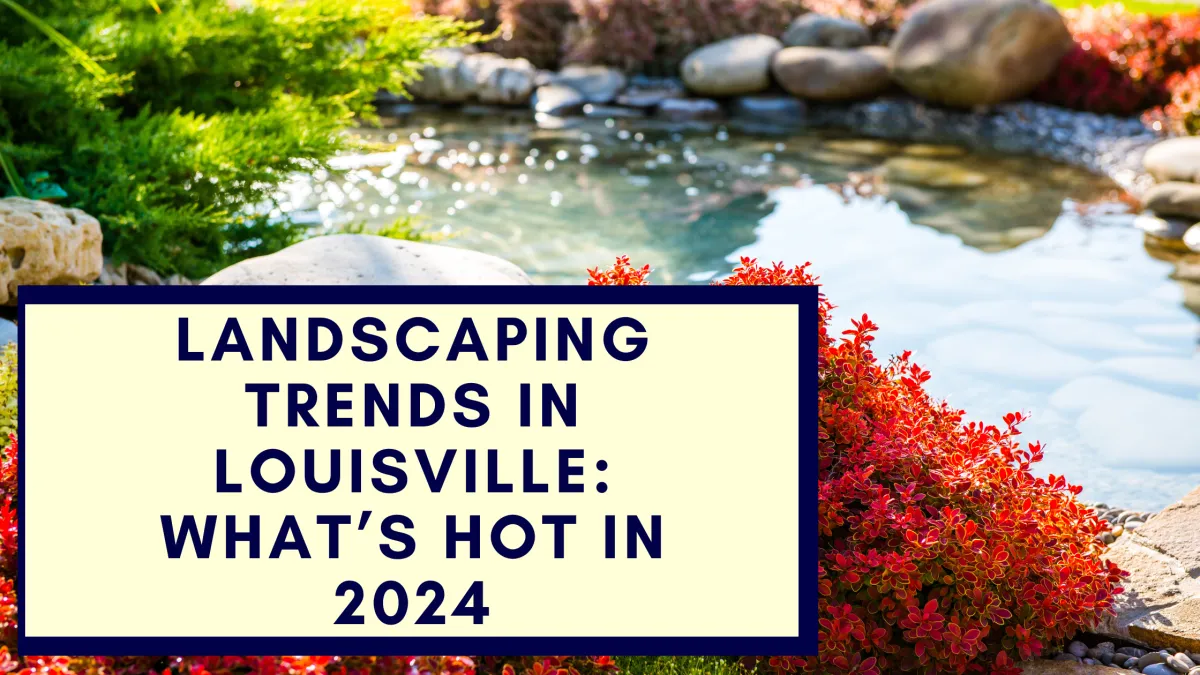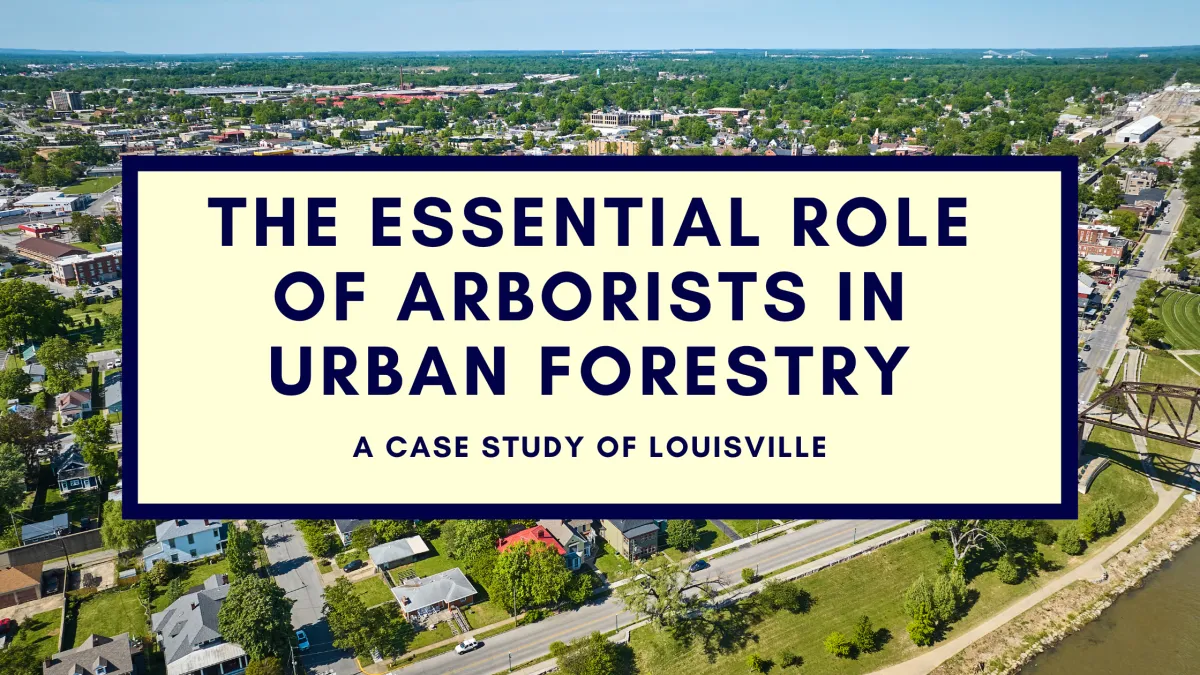
Blog > A Guide for Arborist Service
The Role of Native Pollinators in Louisville Gardens and How to Support Them
Louisville’s green spaces are a paradise for gardeners and nature lovers. But the beauty and health of our gardens depend on a key group of helpers: native pollinators. From hardworking bees to elegant butterflies, these tiny creatures are crucial for pollinating many plants, including fruits, vegetables, and flowers.
This article will dive into the important role native pollinators play in Louisville gardens and share simple tips to support them, helping your garden stay vibrant year after year.
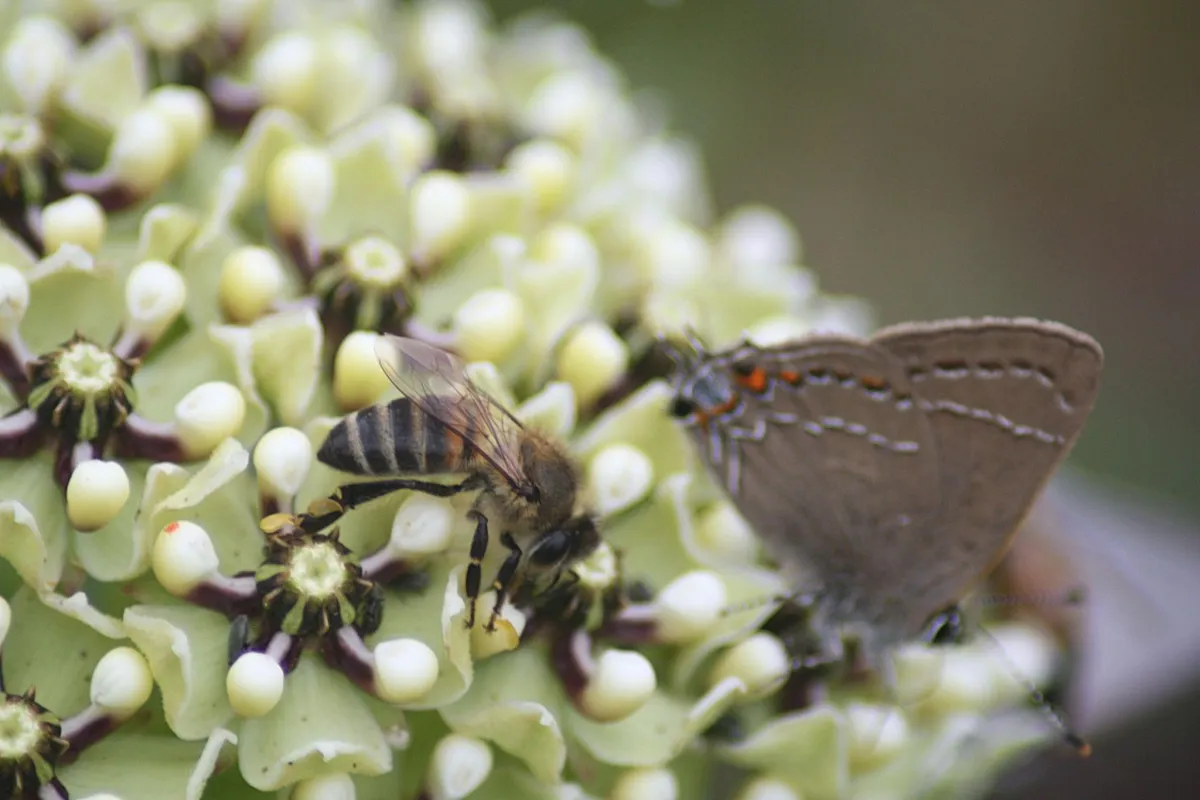
Understanding the Importance of Native Pollinators
What Are Native Pollinators?
Native pollinators in Louisville and the Kentucky region include many species that have evolved alongside local plants. They’re not just bees—pollinators also include butterflies, moths, beetles, flies, and even birds like hummingbirds. Unlike non-native species, native pollinators are perfectly suited to the local environment and have special connections with native plants, making them vital for keeping ecosystems healthy.
The Role of Native Pollinators in Louisville Gardens
Pollinators move pollen from one flower to another, helping plants produce seeds and fruit. In Louisville gardens, native pollinators are essential for many plants, including local favorites like the Eastern Redbud (Cercis canadensis) and Black-eyed Susan (Rudbeckia hirta).
Without them, plant diversity and abundance would shrink, leading to less colorful gardens and smaller harvests of fruits and vegetables. Native pollinators also boost regional biodiversity, supporting other wildlife like birds and small mammals.
Threats Facing Native Pollinators
Native pollinators are incredibly important, but their populations are shrinking due to several threats. Habitat loss, pesticide use, climate change, and competition from non-native species are major problems. In Louisville, urban development has taken away natural habitats, making it harder for pollinators to find food and places to nest.
Why Focus on Native Pollinators?
All pollinators are important, but native species are especially vital because they are perfectly adapted to pollinate the plants they’ve evolved with. These relationships are often close and mutually beneficial, with some native plants depending entirely on specific pollinators. Supporting native pollinators helps our gardens thrive while preserving the local ecosystem and the unique character of the region.
How to Support Native Pollinators in Your Louisville Garden
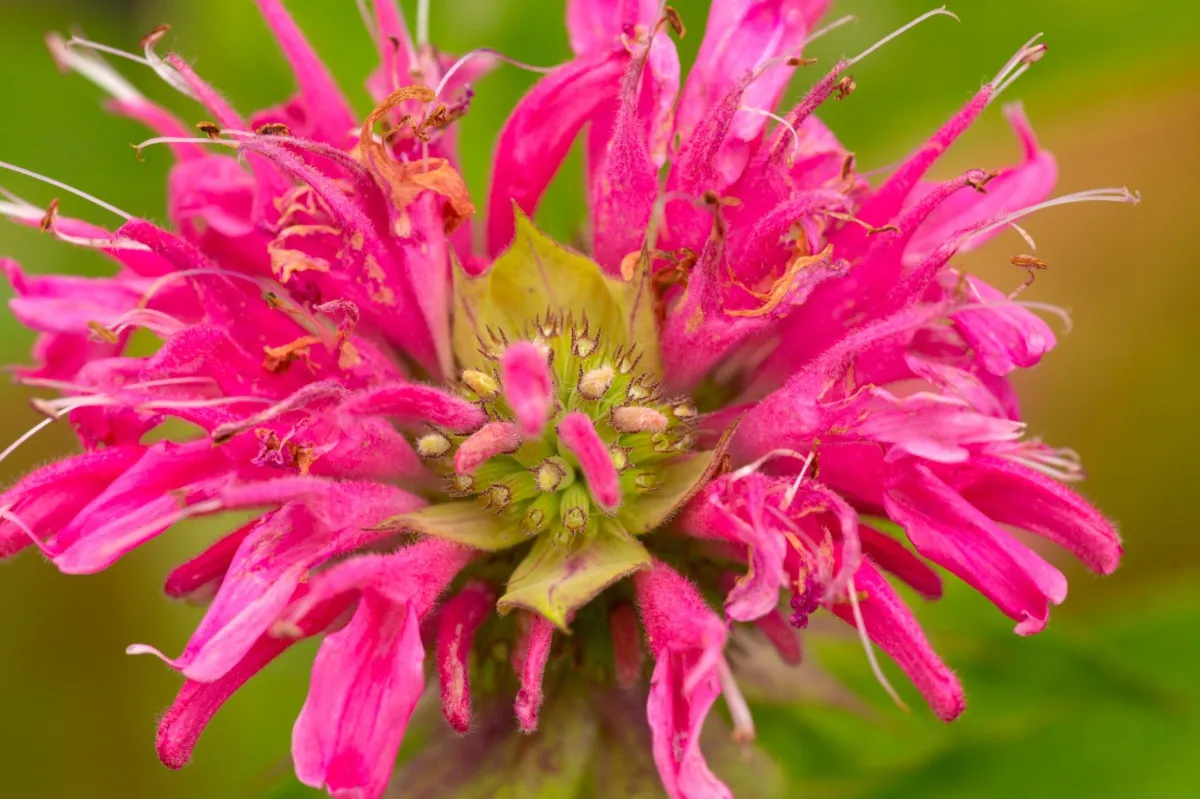
1. Plant a Variety of Native Flowers
The best way to attract and support native pollinators is to plant a variety of native flowers. Native plants offer the best nectar and pollen for local pollinators. Great choices for Louisville gardens include:
Bee Balm (Monarda fistulosa): A favorite of bees, butterflies, and hummingbirds, Bee Balm offers vibrant blooms throughout the summer.
Purple Coneflower (Echinacea purpurea): This hardy perennial attracts a wide range of pollinators and adds a splash of color to any garden.
Wild Bergamot (Monarda didyma): Known for its fragrant leaves and flowers, Wild Bergamot is another excellent choice for attracting bees and butterflies.
Milkweed (Asclepias spp.): Essential for Monarch butterflies, milkweed provides both nectar and a breeding ground for these iconic insects.
Goldenrod (Solidago spp.): Often misunderstood as a cause of allergies, Goldenrod is actually a crucial late-season food source for pollinators.
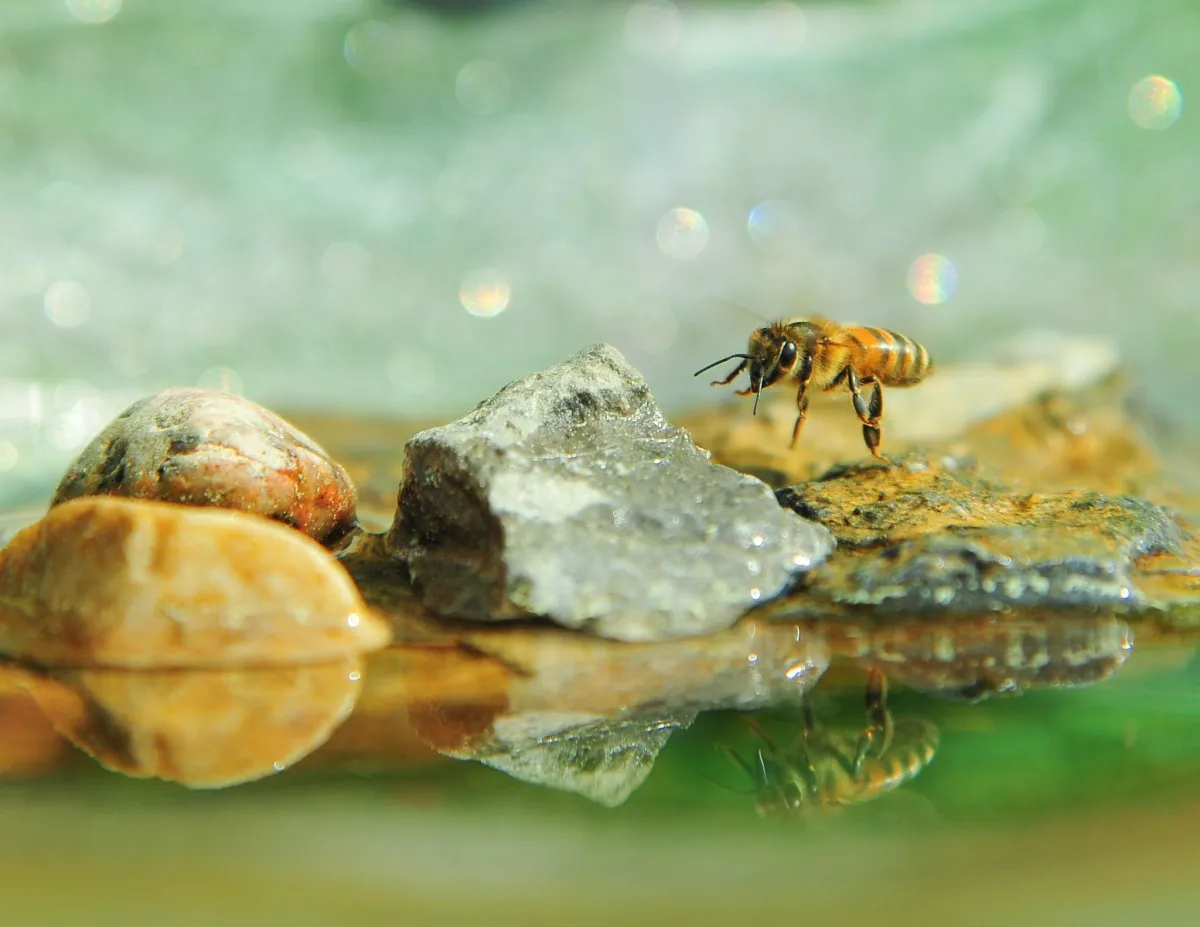
2. Create Habitat for Pollinators
Pollinators need more than food; they also need safe spaces to nest, rest, and survive through the winter. Here are some ways to create a pollinator-friendly environment:
Leave some areas wild: Allow a portion of your garden to grow naturally, without mowing or trimming, to provide shelter and nesting sites.
Incorporate deadwood and leaf litter: Many pollinators, including certain bees, use deadwood and leaf litter for nesting. Leaving these natural materials in your garden can help support these species.
Provide water sources: Shallow water dishes with stones for perching can help pollinators stay hydrated during hot Kentucky
summers.
Build or buy bee hotels: These structures provide nesting sites for solitary bees, which are some of the most efficient pollinators.
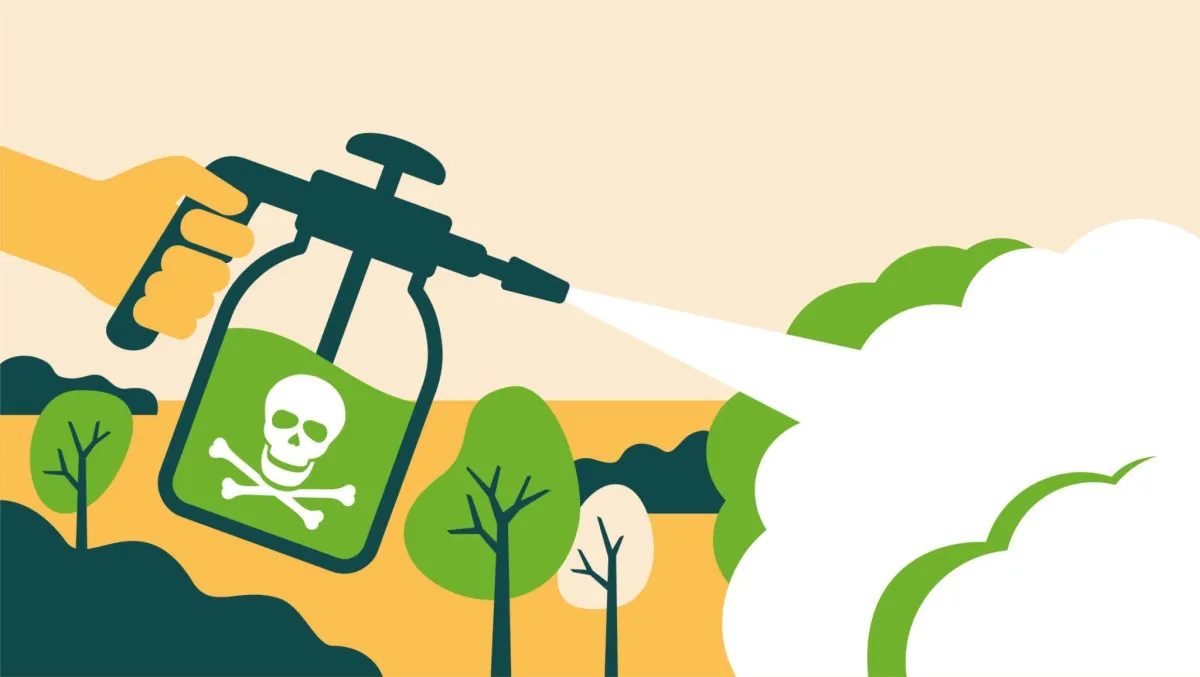
3. Avoid Pesticides and Herbicides
Pesticides and herbicides can seriously harm pollinators. To keep these helpful insects safe, try integrated pest management methods that reduce chemical use:
Use organic options like Neem oil, insecticidal soaps, or diatomaceous earth, which are less harmful. Spot-treat problem areas instead of applying chemicals everywhere. If chemicals are needed, choose ones labeled as safe for pollinators.
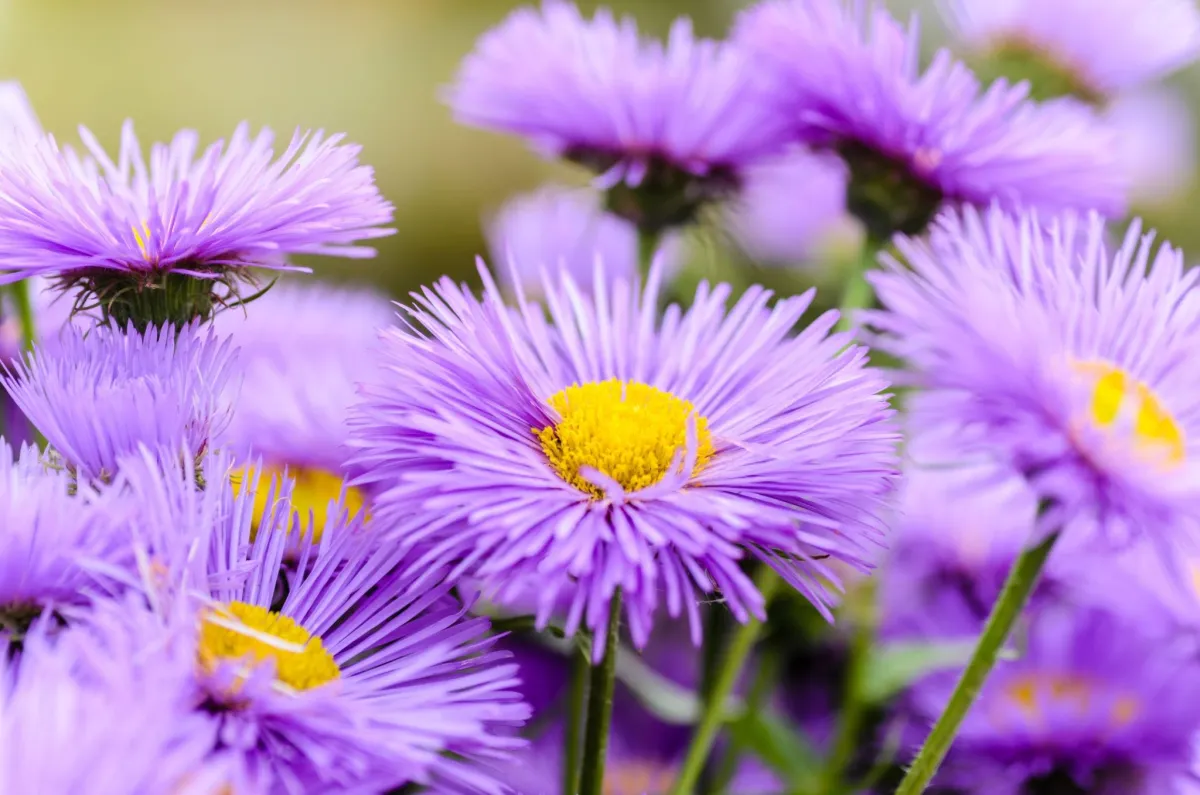
4. Plan for Year-Round Blooming
To keep your garden welcoming for pollinators all season long, plant a variety of flowers that bloom at different times of the year. Early bloomers feed pollinators in spring, and late bloomers keep them nourished into fall. Here are some suggestions:
Spring: Virginia Bluebells (Mertensia virginica), Eastern Redbud (Cercis canadensis)
Summer: Black-eyed Susan (Rudbeckia hirta), Butterfly Weed (Asclepias tuberosa)
Fall: Asters (Symphyotrichum spp.), Goldenrod (Solidago spp.)
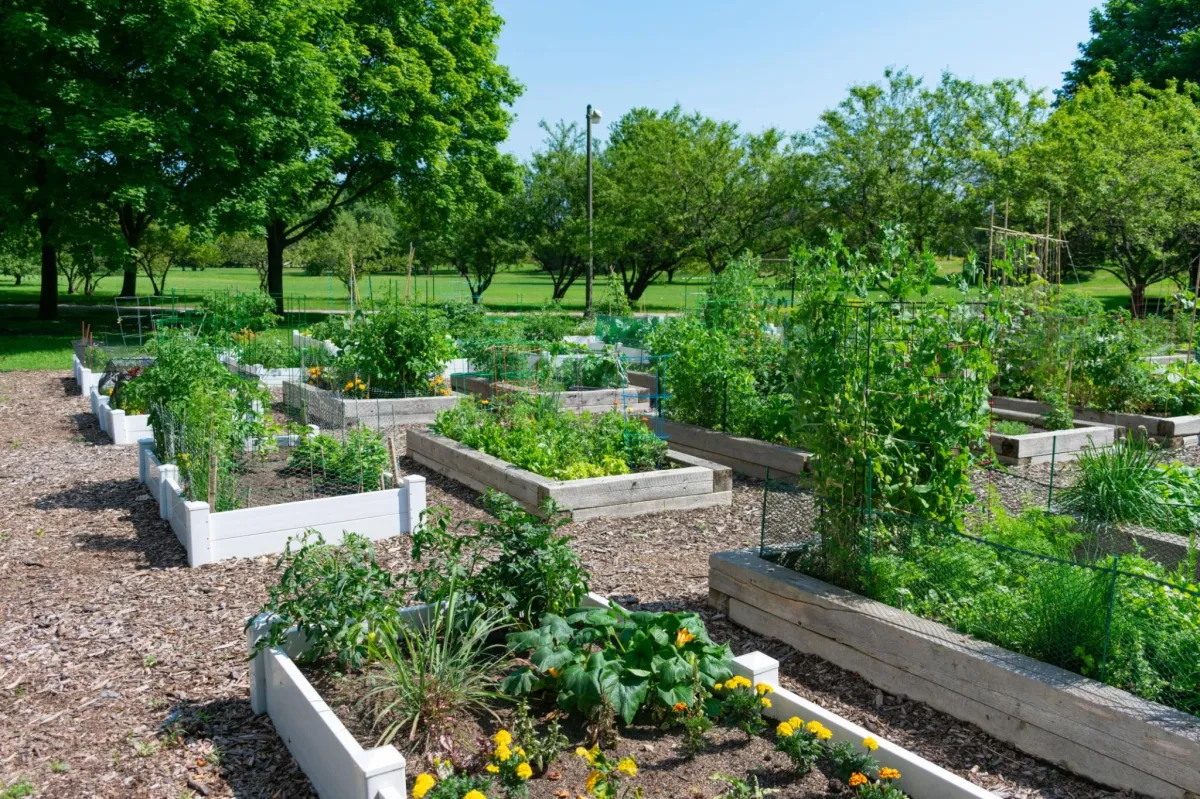
5. Engage in Community Efforts
Supporting native pollinators is a community effort that extends beyond individual gardens, requiring collaboration with neighbors, local organizations, and broader initiatives. By participating in Pollinator Pathways, which connect gardens, parks, and green spaces to create continuous habitats, or engaging in community gardens that incorporate pollinator-friendly plants, you can help establish pollinator-friendly corridors throughout Louisville.
Partnering with local conservation groups that work to protect and improve native habitats is also important. Learning about native pollinators through workshops, books, or online resources helps you share knowledge and encourage others to take action, boosting the health and sustainability of our local ecosystem.
The Impact of Supporting Native Pollinators in Louisville
Enhancing Garden Productivity
Supporting native pollinators can make your garden more productive. Fruits and vegetables like tomatoes, peppers, and squash rely on pollinators to grow properly. By giving pollinators a home in your garden, you’ll enjoy bigger harvests and healthier plants.
Promoting Biodiversity
Supporting native pollinators adds to your garden’s biodiversity. A variety of pollinators helps many types of plants thrive, which then attracts other wildlife like birds, helpful insects, and even amphibians. This creates a rich, balanced, and resilient ecosystem in your own backyard.
Contributing to Environmental Health
By supporting native pollinators, you’re helping the overall environmental health of Louisville. Pollinators are essential for producing seeds and fruits that feed wildlife and for maintaining plants that stabilize soil and clean the air and water. Your garden becomes a small but important piece of this larger ecological system.
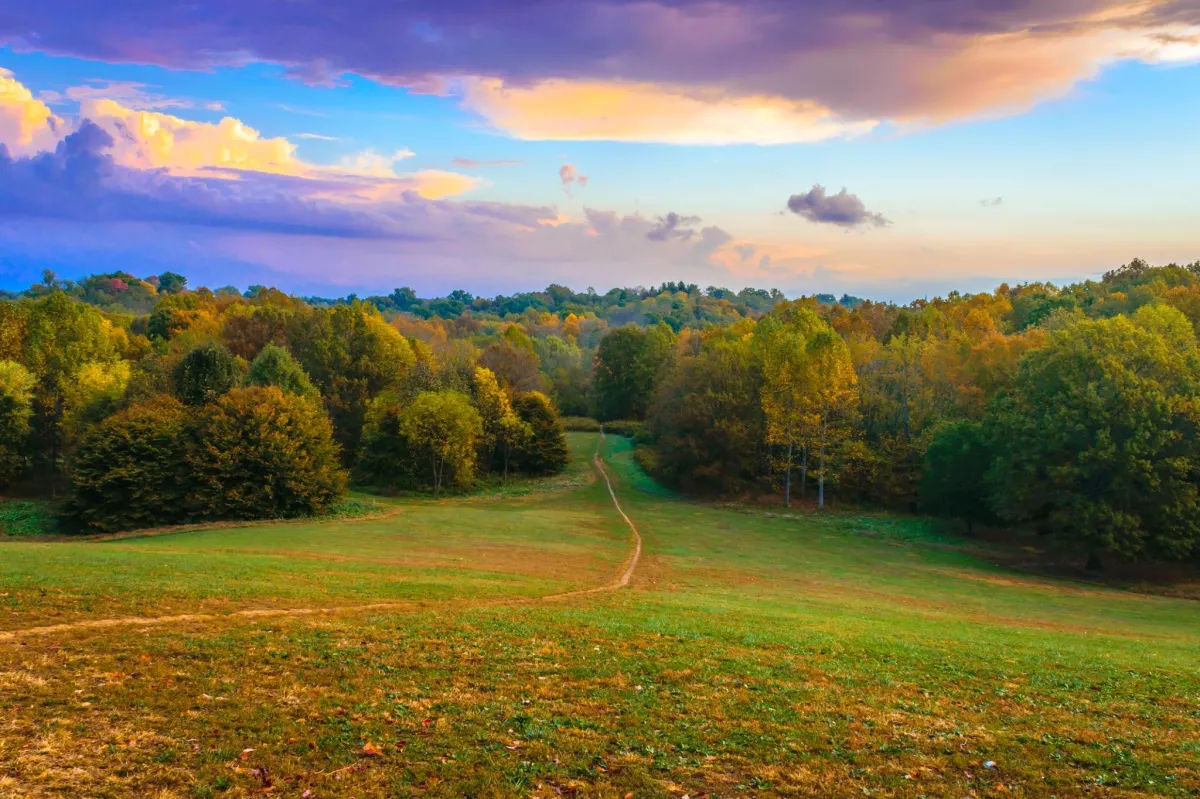
Frequently Asked Questions
Q: What are the most common native pollinators in Louisville?
Some of the most common native pollinators in Louisville include the Eastern Bumblebee (Bombus impatiens), Monarch Butterfly (Danaus plexippus), and various species of solitary bees like Mason bees (Osmia spp.) and Leafcutter bees (Megachile spp.).
Q: How can I attract more butterflies to my garden?
To attract more butterflies, plant native nectar-rich flowers like Milkweed, Purple Coneflower, and Butterfly Weed. Also, think about adding host plants for caterpillars, such as Spicebush (Lindera benzoin) and Pawpaw (Asimina triloba), to provide food for the next generation.
Q: Can I support native pollinators in a small garden or urban setting?
Yes, even small gardens and urban spaces can support native pollinators. Planting containers with native flowers, creating vertical gardens, and providing water sources can make a big difference. Every little bit helps in creating a network of pollinator-friendly habitats across the city.
Contact Us
Service Hours
Social Media
Looking for landscaping, lawn care, or other home services?

Contact Us
+1 502-483-0511
Prospect, Louisville, KY 40222
Service Hours
Mon- Fri: 9am - 5pm
Sat & Sun: Appt Only
Social Media

2026 | Apex Pros | Rights Reserved
